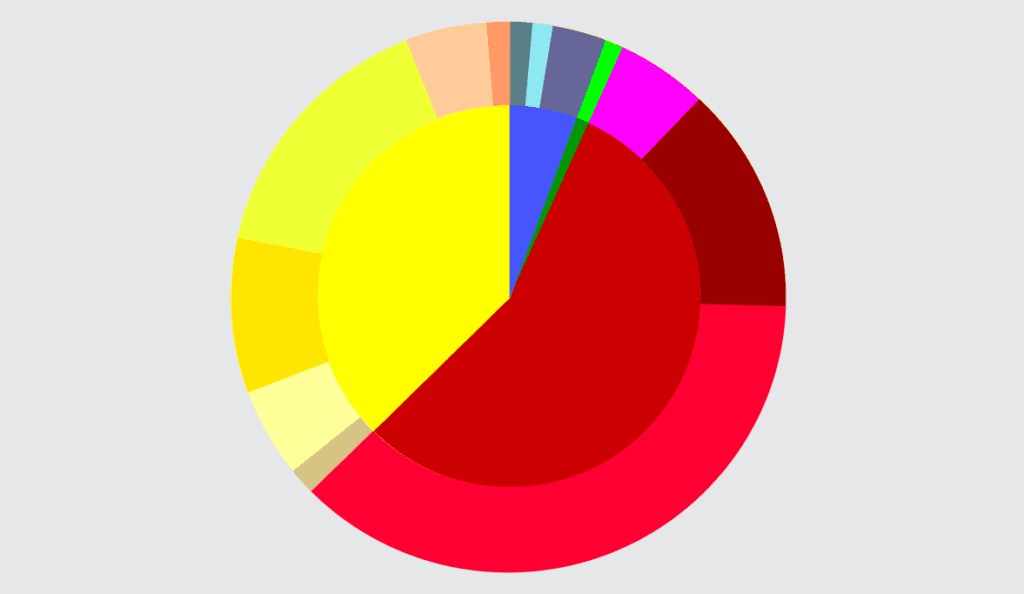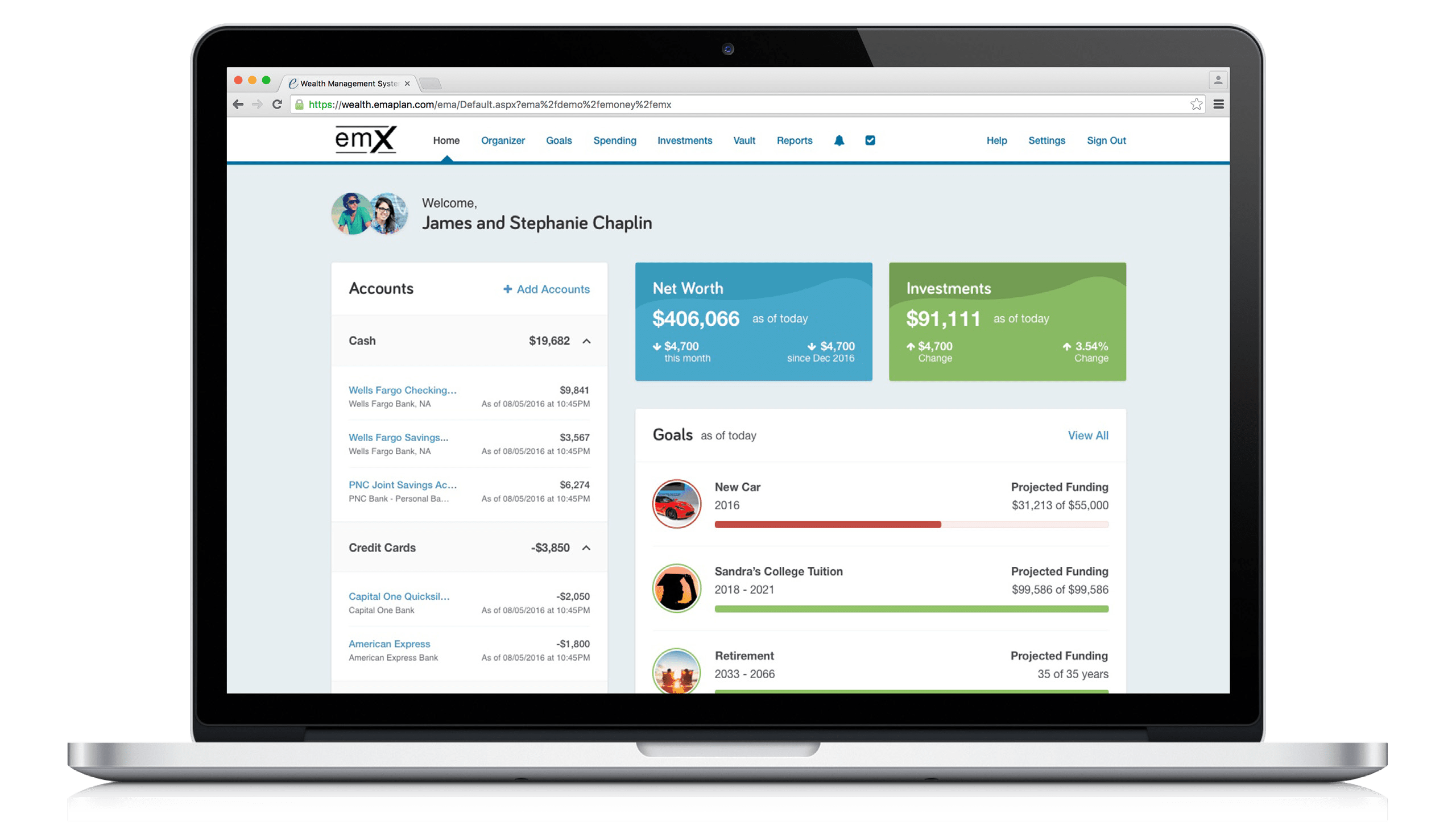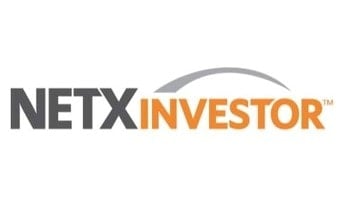Chances are you never think of yourself as a CFO (Chief Financial Officer), but that is exactly what you are. If you have even a middle-class income, you’re going to earn millions of dollars over the course of your lifetime. And whether or not you embrace the role, you’re on the hook for spending and investing that income for your own benefit as well as the well-being of your family. If you stand back from the hubbub of today to consider the arc of your entire life, you’ll get a glimpse of the kind of opportunity that this presents. Unfortunately, it is an opportunity that many of us squander.
If you do decide you want to do a bang-up job of being the CFO of “You, Inc.” – leveraging the power of the millions of dollars that will flow through your care – then there are a few financial concepts that will make the difference between success and, well, not-success. These “secrets” are well known to the real corporate CFOs out there (so if you’re one of them you don’t need to read further). Yet, they remain elusive to most smart professionals in non-financial fields. I say this because I’ve worked with dozens of smart professionals who are trying to do a better job of managing their own financial lives. And I can attest to the fact that there are things that they simply never got taught in whatever “smart professional school” they attended. It’s not necessarily their fault, but it’s a fact.
These ideas may not seem sexy at first, but if you think that without them you are far less likely to become – and remain! – wealthy, their appeal is heightened.
First, A Couple of Basic Terms
Finance is full of technical terms. Some of it is unnecessarily jargon-y, but at least some technical terminology is necessary because certain words have precise meanings in finance-speak, meanings that aren’t unambiguously represented in regular discourse. So, if you’re going to be a competent CFO you need to learn a bit of financial terminology. Not only will it help you in your quest to better manage your finances, it will make you sound very impressive in your next cocktail party conversation.
To begin with, here are the four most basic terms in finance:
Asset – something of monetary value that you own. Having lots of assets makes you ‘rich.’
Liability – something of monetary value that you owe (to someone else). Having lots of liabilities makes you ‘poor.’
Income – money earned by you. If you don’t spend it again, income increases your assets and makes you ‘richer.’
Expense – money spent by you for (perishable) goods and services. If you spend more than you earn, it must come from your assets, and you get ‘poorer.’
Secret #1: Expenses and Cash Flow are Different Things
Now we’re prepared for the first CFO secret: Expenses and Cash Flow are different things.
Believe it or not, this is one of the most difficult things for most regular-smart people to understand. And the difference matters. Why? Because, as per our definitions above, expenses make you poorer, but cash just moving around doesn’t have the same effect. As CFO, you absolutely need to know the difference between the activities that are making you poorer and those that are not.
Most of the time that cash moves (out of) your financial life it does indeed reflect expenses. For example, when you buy groceries or pay your phone bill or give money to charity, that’s an expense. You give somebody money and they give you something of (monetary) value in return. You eat the food, and talk on the phone, and feel good about giving to the SPCA, but next week you need to do again. Because you “consume” whatever it is that you spend the money on, expenses do make you poorer, at least in monetary terms.
So, what the heck is a cash flow, and how does it differ from an expense? A cash flow is when you exchange cash for something else you will own (an asset) or use it to make good on a debt you already owe (a liability). In these cases, you get neither richer nor poorer. You are simply re-arranging your personal balance sheet. In other words, these are wealth-neutral transactions. For example, you can use money to acquire other things of permanent value, other non-cash assets. When you purchase a house for cash this is what you are doing. Such a purchase doesn’t alter your wealth. You are merely exchanging one asset (cash) for another asset (a real property). That is a cash flow. It changes the nature of what you own – and it may have very significant long-term effects – but in the short term it doesn’t make you either richer or poorer. It is a cash flow and not an expense.
Another very common (and frequently confusing) cash flow occurs when you pay down your credit card debt. I can’t tell you how many clients have told me that their Visa bill is their largest “expense.” But paying one’s Visa bill isn’t an expense at all. It is merely a cash flow, one in which you use your cash to make good on a liability that you have already incurred. The thing that makes credit cards so dangerous is precisely the fact that so many people don’t realize that they are really spending money – incurring expenses – when they make the charges in the first place. Once again, paying down that liability – exchanging it for some of your cash asset – is merely re-arranging your personal balance sheet.
There are many other important examples of expenses versus cash flows in personal finance. Mortgage payments are an interesting case in point. When you make a mortgage payment, part of your mortgage payment goes to paying interest – that part is an expense – while the rest of it goes to paying down the mortgage principal – and that part is a cash flow. The interest payments make you permanently poorer. Paying down your mortgage debt, on the other hand, merely substitutes one asset (cash) for a different asset (net equity in your house). Of course, if you’ve bought a house you can’t really afford you’ll eventually have too much of an (illiquid) equity asset and not enough (liquid) cash to meet your needs. This is called being ‘house poor,’ and in California it is quite common.
The bottom line is this: As CFO of “You, Inc.” you need to understand what kinds of actions and transactions are actually causing you to be poorer, versus what kinds of actions and transactions are just re-arranging your personal balance sheet. That is the difference between an expense and a cash flow. If you don’t understand this difference, you’re quite likely to avoid things that you should do (such as paying down debt) because you mistakenly think that doing so will make you poorer (when it won’t) – while you are equally likely to miss-understand the significance of over-charging on your credit cards because it doesn’t seem to you like charging is ‘spending money,’ which of course it is. In both cases, knowing the difference is important to your long-term financial health.
* * *
Next time: “The Cost of Complexity”
Image by kitzcorner from Shutterstock



